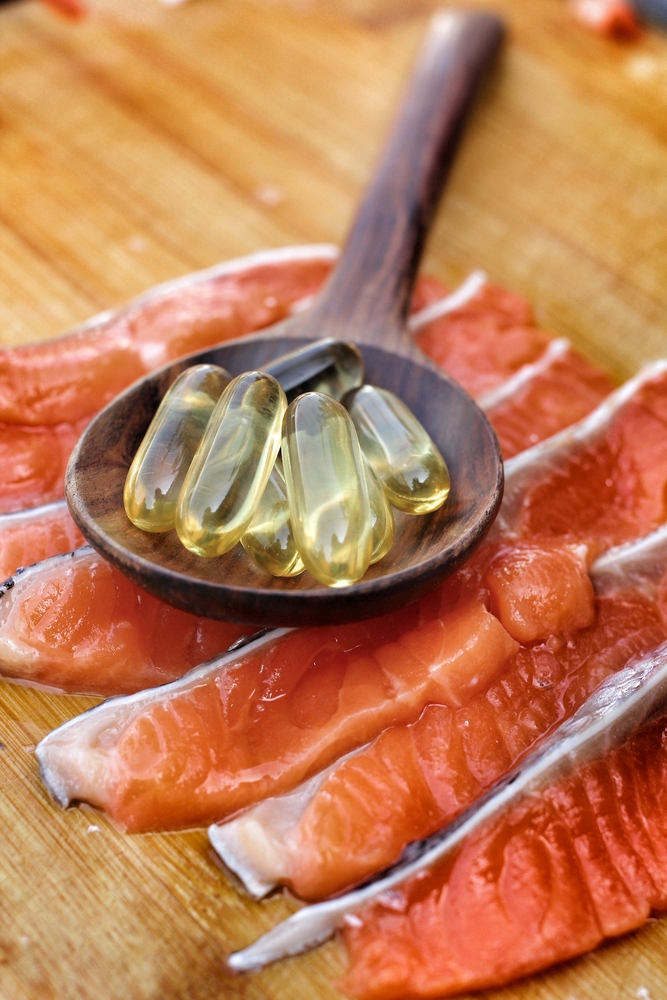Comprehensive Nutritional Approaches to Alleviate Inflammatory Arthritis Symptoms
This comprehensive guide explores dietary strategies to help manage inflammatory arthritis symptoms effectively. Emphasizing foods rich in omega-3s, antioxidants, and anti-inflammatory compounds, it offers practical nutritional advice for reducing joint inflammation, alleviating pain, and improving joint health. Incorporating fish, nuts, fruits, vegetables, olive oil, and whole grains into daily diets can significantly benefit those suffering from inflammatory arthritis. By understanding the role of nutrition in managing inflammation, patients can enhance their quality of life and complement medical treatments for better joint health.

Effective Dietary Tips for Managing Inflammatory Arthritis
Strategic Nutrition for Inflammatory Arthritis Relief
Inflammatory arthritis encompasses a group of joint disorders characterized by persistent pain, swelling, and inflammation that significantly impair daily functioning and quality of life. Conditions like rheumatoid arthritis, psoriatic arthritis, and other autoimmune joint diseases fall under this category. Since there is currently no cure for inflammatory arthritis, an integrated management approach that includes medication, physical activity, and especially targeted dietary modifications becomes vital to controlling symptoms.
This comprehensive guide delves into dietary strategies and critical food choices that can potentially reduce joint inflammation, alleviate pain, and improve overall joint health. By understanding the nutritional science behind certain foods, individuals affected by inflammatory arthritis can make informed dietary decisions that support their treatment plans and enhance their well-being.
Below are essential foods and their specific benefits tailored for individuals suffering from inflammatory arthritis, highlighting what to include in everyday diets for optimal joint health.
Fatty Fish: Rich Sources of Omega-3 Fatty Acids
Fish such as salmon, mackerel, herring, sardines, anchovies, and scallops are abundant in omega-3 fatty acids, which are well-known for their anti-inflammatory properties. Medical organizations like the American Heart Association recommend consuming at least two servings of fatty fish weekly to combat systemic inflammation. Scientific research indicates that omega-3s help lower levels of inflammatory biomarkers such as C-reactive protein (CRP) and interleukin-6, both of which play roles in joint swelling and pain. Regular intake of these fish can contribute to decreased joint stiffness and improved mobility, making them a cornerstone of an anti-inflammatory diet.
When fish consumption is limited due to preferences or accessibility issues, omega-3 supplements like fish oil capsules can serve as effective alternatives, ensuring consistent intake of these crucial fatty acids.
Seeds and Nuts: Natural Anti-Inflammatory Powerhouses
Incorporating nuts and seeds into daily meals can provide significant anti-inflammatory benefits. Over a span of 15 years, extensive studies have demonstrated that increased consumption of nuts and seeds correlates with a 51% reduction in mortality from inflammatory diseases. Walnuts, pine nuts, pistachios, and almonds supply vitamin B6 and monounsaturated fats, both of which play roles in reducing inflammation. Nuts also contain essential fatty acids, antioxidants, and phytochemicals that work synergistically to diminish joint inflammation and slow disease progression. Including a handful of these foods daily can help manage symptoms and improve overall joint function.
Plant-Based Diets and Fruit-Rich Foods
Consuming a diet abundant in fruits and vegetables introduces a plethora of antioxidants that neutralize free radicals, molecules that can damage joint tissues and exacerbate inflammation. Citrus fruits like oranges, grapefruits, and lemons are rich in vitamin C, which supports collagen synthesis essential for healthy cartilage. Berries, especially cherries, blueberries, and blackberries, contain high levels of anthocyanins—potent anti-inflammatory antioxidants that can alleviate joint discomfort.
Dark leafy greens such as spinach, kale, broccoli, and cabbage are excellent sources of vitamin K, which research suggests aids in reducing joint inflammation and may slow the progression of arthritis. Including a variety of colorful produce in daily meals not only bolsters immune defenses but also promotes joint healing and functionality.
Olive Oil: Heart-Healthy and Anti-Inflammatory
Extra virgin olive oil, especially when used in moderation (about 2-3 tablespoons per day), has demonstrated significant anti-inflammatory effects. Its unique compound, oleocanthal, mimics the action of non-steroidal anti-inflammatory drugs (NSAIDs) like ibuprofen by inhibiting inflammatory enzymes. Consuming olive oil as the primary fat source in dishes can help reduce joint inflammation, stiffness, and pain. Additionally, olive oil’s monounsaturated fats contribute to cardiovascular health, which is often compromised in chronic inflammatory conditions.
Incorporating olive oil into salads, dips, and cooked vegetables can be both delicious and healing for arthritis sufferers.
Legumes and Whole Grains: Anti-Inflammatory Staples
Foods such as beans, lentils, chickpeas, oats, barley, and brown rice are rich in fiber and phytochemicals that help lower inflammation. Several studies have shown that regular consumption of legumes and whole grains reduces levels of C-reactive protein, a marker used to measure systemic inflammation. Their nutrient density promotes better immune function and offers sustained energy, while also contributing to weight management—an important factor since excess weight can increase joint stress.
By integrating these foods into daily routines, individuals can effectively manage joint inflammation, reduce flare-ups, and enhance their mobility and quality of life.
While inflammatory arthritis currently lacks a definitive cure, adopting an anti-inflammatory diet tailored with these nutritional strategies can markedly improve symptoms, reduce pain, and empower individuals to lead more active, comfortable lives. Combining dietary modifications with medical treatments and lifestyle adjustments forms a comprehensive approach to managing this chronic condition.





